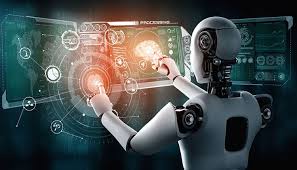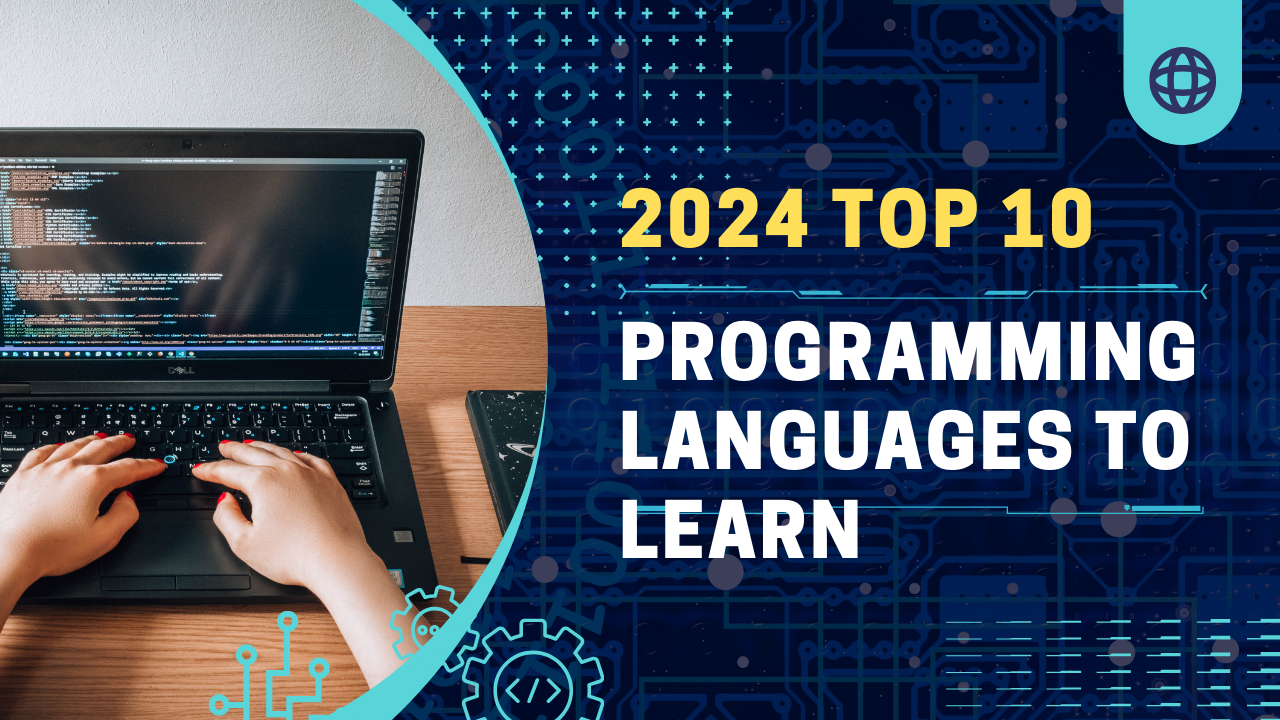

Artificial Intelligence (AI) has rapidly evolved from a concept in science fiction to a transformative force reshaping industries and our daily lives. From self-driving cars to personalized recommendations, AI is becoming an integral part of our world.
What is AI?
At its core, AI refers to the development of intelligent agents, systems that can reason, learn, and problem-solve. These agents can be categorized into two primary types:
- Narrow AI: This type of AI is designed to perform specific tasks, such as facial recognition, language translation, or playing games.
- General AI: This hypothetical form of AI would possess intelligence comparable to a human being, capable of understanding and learning any intellectual task.
Applications of AI
AI is being applied across a wide range of sectors, revolutionizing the way we work and live. Here are some notable examples:
- Healthcare: AI is aiding in medical diagnosis, drug discovery, and personalized treatment plans.
- Finance: AI is used for fraud detection, algorithmic trading, and customer service automation.
- Manufacturing: AI-powered robots are automating tasks, improving efficiency, and reducing costs.
- Transportation: Self-driving cars and autonomous vehicles are being developed to enhance safety and reduce traffic congestion.
- Customer Service: AI-powered chatbots and virtual assistants are providing 24/7 support and improving customer satisfaction.
Ethical Considerations
While AI offers immense potential, it also raises important ethical concerns. Issues such as job displacement, bias in algorithms, and the potential for misuse of AI technology need to be addressed.
The Future of AI
As AI continues to advance, we can expect even more groundbreaking applications and innovations. From AI-powered cities to breakthroughs in climate change research, the future of AI is filled with possibilities.
Conclusion
AI is no longer a distant dream but a reality shaping our world. By understanding the potential and addressing the challenges, we can harness the power of AI for the betterment of society.
Would you like to delve deeper into a specific aspect of AI, such as its impact on a particular industry or the ethical implications?
Upload an image
This prompt requires an image that you need to add. Tap the image button to upload an image. Got it
Need a little help with this prompt?
Power up your prompt and Gemini will expand it to get you better results Got it
Gemini may display inaccurate info, including about people, so double-check its responses. Your privacy & Gemini Apps Opens in a new window

Artificial Intelligence (AI) has rapidly evolved from a concept in science fiction to a transformative force reshaping industries and our daily lives. From self-driving cars to personalized recommendations, AI is becoming an integral part of our world.
What is AI?
At its core, AI refers to the development of intelligent agents, systems that can reason, learn, and problem-solve. These agents can be categorized into two primary types:
- Narrow AI: This type of AI is designed to perform specific tasks, such as facial recognition, language translation, or playing games.
- General AI: This hypothetical form of AI would possess intelligence comparable to a human being, capable of understanding and learning any intellectual task.
Applications of AI
AI is being applied across a wide range of sectors, revolutionizing the way we work and live. Here are some notable examples:
- Healthcare: AI is aiding in medical diagnosis, drug discovery, and personalized treatment plans.
- Finance: AI is used for fraud detection, algorithmic trading, and customer service automation.
- Manufacturing: AI-powered robots are automating tasks, improving efficiency, and reducing costs.
- Transportation: Self-driving cars and autonomous vehicles are being developed to enhance safety and reduce traffic congestion.
- Customer Service: AI-powered chatbots and virtual assistants are providing 24/7 support and improving customer satisfaction.
Ethical Considerations
While AI offers immense potential, it also raises important ethical concerns. Issues such as job displacement, bias in algorithms, and the potential for misuse of AI technology need to be addressed.
The Future of AI
As AI continues to advance, we can expect even more groundbreaking applications and innovations. From AI-powered cities to breakthroughs in climate change research, the future of AI is filled with possibilities.
Conclusion
AI is no longer a distant dream but a reality shaping our world. By understanding the potential and addressing the challenges, we can harness the power of AI for the betterment of society.
Would you like to delve deeper into a specific aspect of AI, such as its impact on a particular industry or the ethical implications?
Upload an image
This prompt requires an image that you need to add. Tap the image button to upload an image. Got it
Need a little help with this prompt?
Power up your prompt and Gemini will expand it to get you better results Got it
Gemini may display inaccurate info, including about people, so double-check its responses. Your privacy & Gemini Apps Opens in a new window







